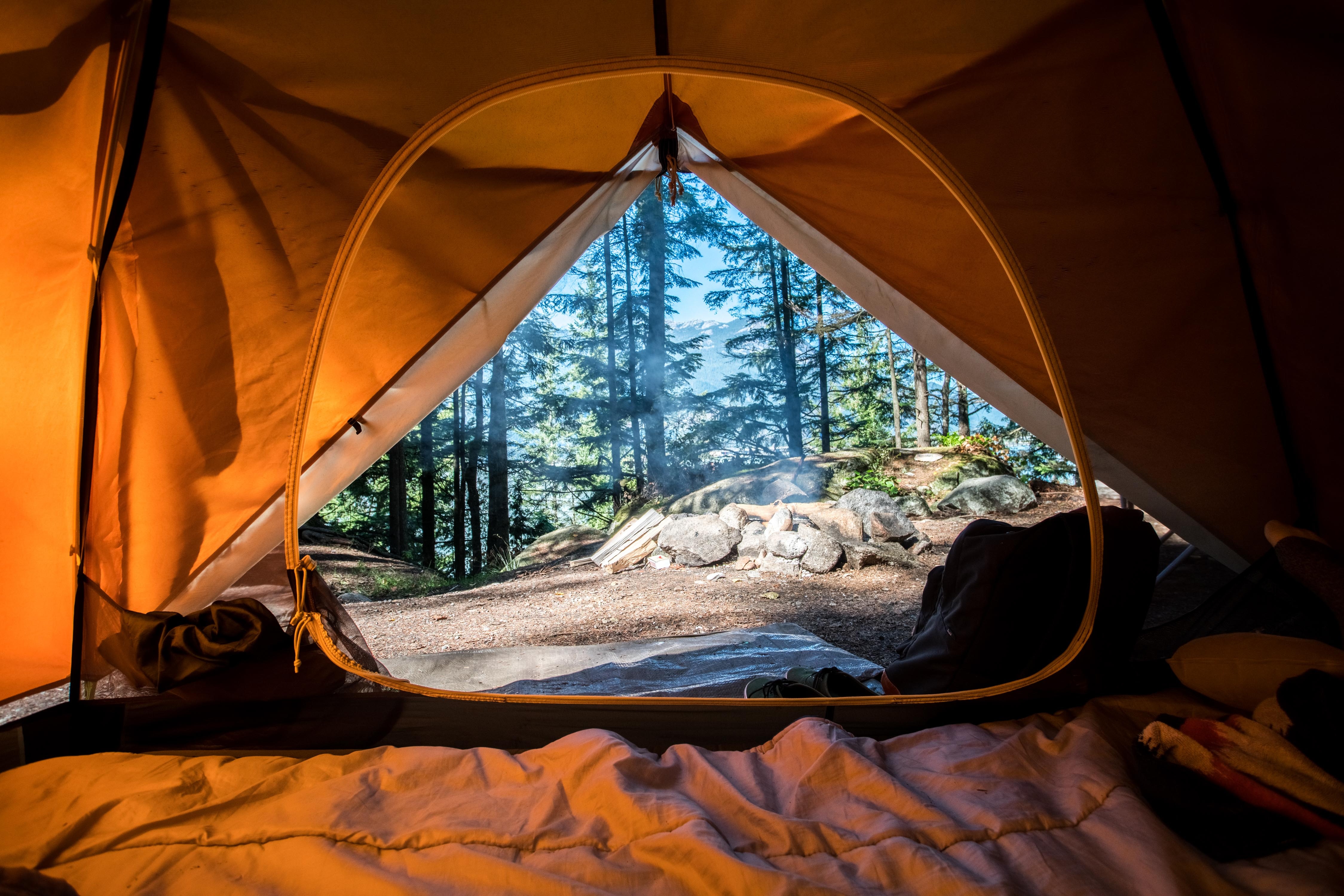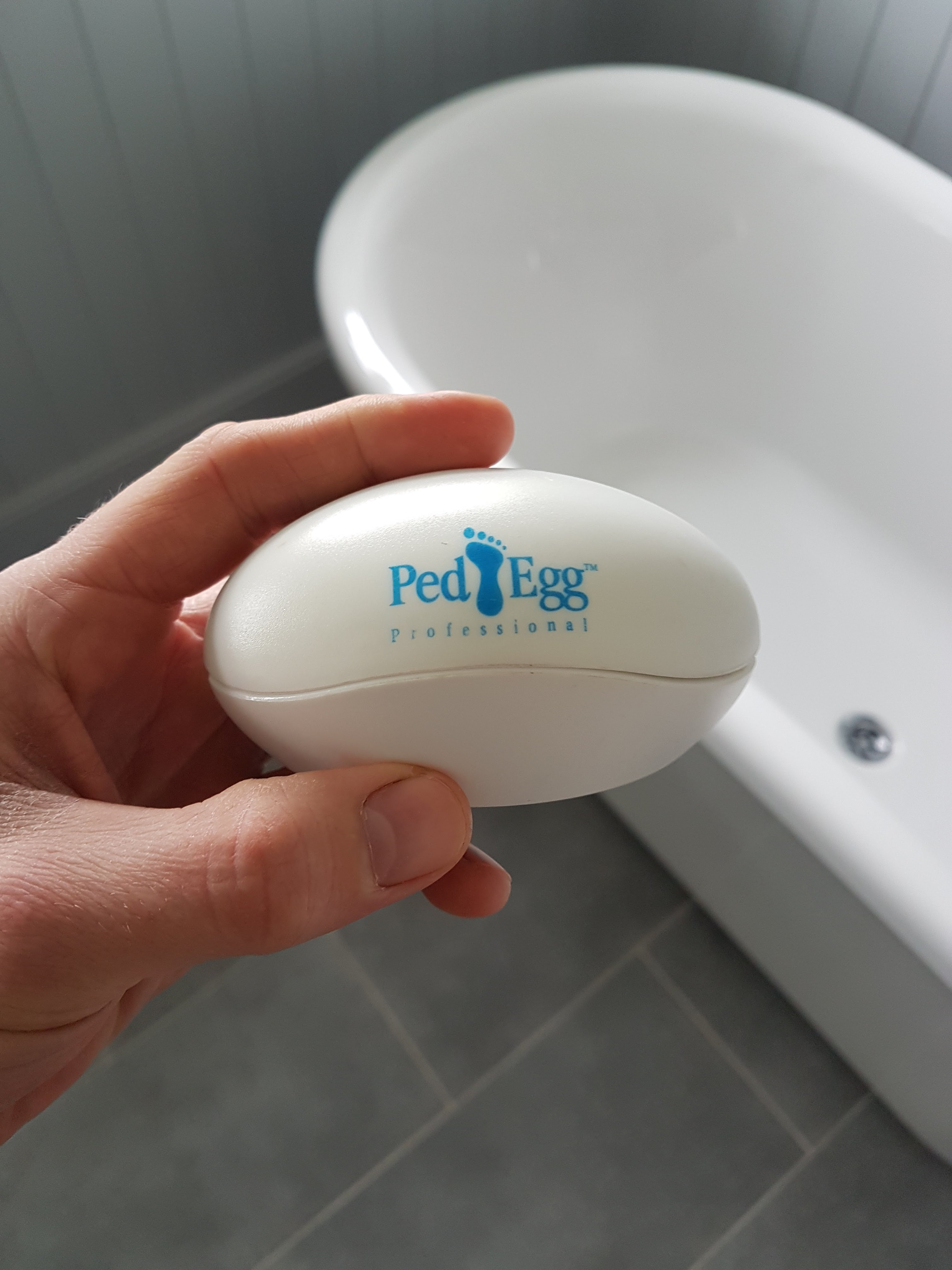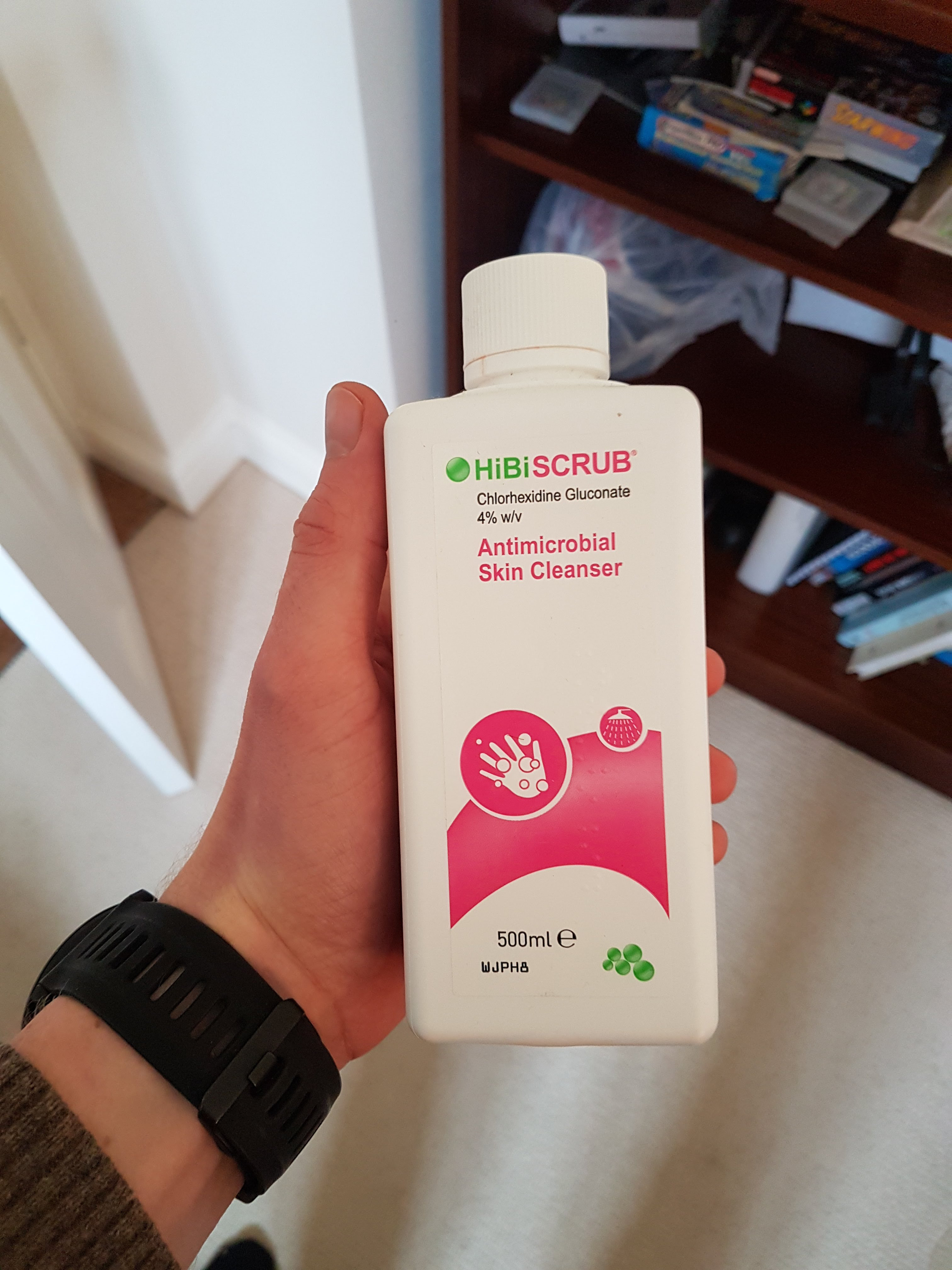There’s nothing quite like waking from your sweet slumber, in a tent drenched in the warm morning summer sun, only to have your nose gripped by the thick, cheesy smell of your mates climbing shoes.
Ok, so maybe you woke after a crap night’s sleep, in a baking hot tent, to achy arms and weeping fingertips, and now you mate’s shoes are making you want to end it all.
Whatever your perspective on life, there is no getting away from the fact that climbing shoes have a habit of smelling a little bit funky from time to time.
Whilst it’s not so much of an issue when they’re safely ensconced in your pack, in the boot of the car. When you’re on the packed commuter train at 0700 in the morning, you and your fellow travellers might be grateful of a solution.
Keep your feet clean, free of loose skin, with clean, short nails and make liberal use of anti-bacterial wash and deodorising spray.
Couple this with allowing your shoes to dry out properly between sessions and ensure to give your shoes a regular clean, and your climbing buddies and the person sitting next to you will be eternally grateful.
Why Do My Climbing Shoes Smell So Bad
You probably already know that the human body is a playground for a whole host of bacteria, generously referred to as human flora. Whilst for the most part this is generally beneficial, it can have some rather unpleasant side effects.
When combined with a warm, moist environment, these little fellas can multiply…fast!
You may have noticed that, our climbing shoes have a habit of getting pretty sweaty, add into the mix the wear on your skin and nails, and you have the perfect breeding ground for growing entire colonies of bacteria.
So My Climbing Shoes Are Full Of Bacteria
Yep, I’m afraid so. Brevibacterium and Propionibacterium, are the main culprits.
Brevibacterium is responsible for munching their way through all those lovely dead skin cells and is famous for its strong cheese like smell. In fact, it’s commonly found in cheeses such as Port Salut and Limburg.
Propionibacterium on the other hand is found in the sebaceous glands of the feet, and is known to produce a more vinery smell.
Throw into the mix a sprinkling of Staphylococcus Epidermidis for some added variety to the cheesy ensemble and you’ve got an olfactory assault on your hands.
So, it’s not the sweat and bits of loose skin that actually cause the smell, but the breakdown of these materials into by the afore mentioned bacteria.
Ok So How Do I Stop The Smell
Start at the source!
A lot of people immediately jump to the shoes and try to address the problem there, but in truth, it’s your feet you should be targeting first.
Not only does this stop the stench at the source, but also prevents you effectively planting this smorgasbord of bacteria into every other pair of shoes you own, causing them to smell as well.
If we want to stop feeding the bacteria, we need to remove any dead or loose skin and also give your feet a good scrub.
As my dear wife will attest, I’ve suffered with fairly pungent feet over the years, but have found two products to work absolute wonders.
The Ped Egg is great at removing calluses, dead skin and any other loose bits and pieces. Just go steady your first time or you may take off more than you intended. Little and often.
Combine this with a good anti-bacterial foot scrub such as Hibi Scrub, which I’ve found to be very effective. Finish with a nail trim and your feet will be a thing of beauty, or at least no longer grounds for divorce.
I do try to keep on top of this and repeat this little ritual at least once every couple of weeks. It only takes a few minutes and really does work.
How To Wash Your Climbing Shoes
So, now on to the shoes themselves.
Again, I’ve found that a good scrubbing with the Hibi Scrub is a very effective tool.
It’s only a mild detergent and so won’t cause any problems for your beloved rock boots, but it’s strong enough to give them a good clean and will also kill the colony you’ve been cultivating for the past few months.
I don’t advise putting them in the washing machine. Whilst they’d probably be fine on a cool wash, you run the risk of the shoe getting damaged and you’re not going to get the same anti-bacteria treatment you would with the Hibi Scrub.
The next step is crucial. Let them dry…properly!
Do not be tempted to clean them and stick them back in your bag. They’ll still be wet when you put them back on, which will feel horrible, but it will also speed up the re-colonisation process, the very thing we’re trying to combat.
Once they’re properly dry, I give mine a quick spray with an anti-bacterial deodorising spray and then you’re good to go.
Keep Them Smelling Fresh
I always make sure that I get my shoes out of my bag once I’ve been down the wall or on a trip to let them dry out properly.
I avoid putting them on radiators or near fires. I managed to destroy pair of hiking boots once using this approach, so definitely advocate a warm, not hot, dry place.
I also always give them another spray, as soon as I take them off. This minimises the time the bacteria have to develop and keeps them fresher for longer.
Accelerate The Drying
If you’re climbing more than three times a week, nice work! You may start to notice that your climbing shoes don’t have time to dry out. This is particularly problematic if you’re on a trip, where you’re in them for hours at a time.
If you’re on a trip and you’ve kept on top of things beforehand, a few days wear should not be a massive problem.
If it’s a longer trip, or just due to weekly climbing frequency, then you may need to invest in some inserts that will help to remove the moisture from the shoe, whilst also freshening them up.
I’ve not use them myself, but a couple of my mates have vouched for BootBananas
But My Climbing Shoes Still Smell
If you’ve done everything so far, and are still having problems, I feel for you.
Something that you might want to consider is the use of a thin pair of socks.
It may hurt your street cred a little, but this will reduce the amount of debris that is deposited in the shoe when you’re climbing and if you can get something in an anti-microbial fabric, they’ll also help minimise the bacterial growth.
Bamboo fabric socks or fabrics containing silver are known to have anti-bacterial properties, so I’d aim for them.
I’ve also resorted to applying spray on deodorant to my feet in order to try to reduce the sweating.
Do try to air your feet whilst climbing, it gives them a rest, and also lets things breath a bit.
You may also want to increase the frequency with which you soak your feet in Hibi Scrub, two to three times a week may seem like a lot, but it can be really effective.
If the problem does continue, you may want to consider seeking medical advice, as you may have something else going on.
Fungal Infections Can Also Be A Pain
Whilst this is not necessarily scent related, fungal afflictions like athlete’s foot can also be a problem for climbers, particular re-occurring bouts of it.
The cleaning regiment that I’ve outlined may well be enough to stave off the issue. However, if you do find yourself suffering, and you keep treating it with a topical cream, but it keeps coming back. Consider getting a treatment that also treats the shoe.
Because we climb bare-footed, it’s really common for the shoes to carry the fungus, which grows in the shoe and then re-infects you and so the cycle continues.
Smelly Climbing Shoes Will Be A Thing Of The Past
Hopefully, following all that will help you combat your stinky shoes and save you the embarrassment of asphyxiating anyone unfortunate enough to share an enclosed space with you and your kit bag.
If there’s any hints or tips that have worked well for you in the past, that I’ve missed, let us know in the comment below.
Happy, smell free, climbing!


